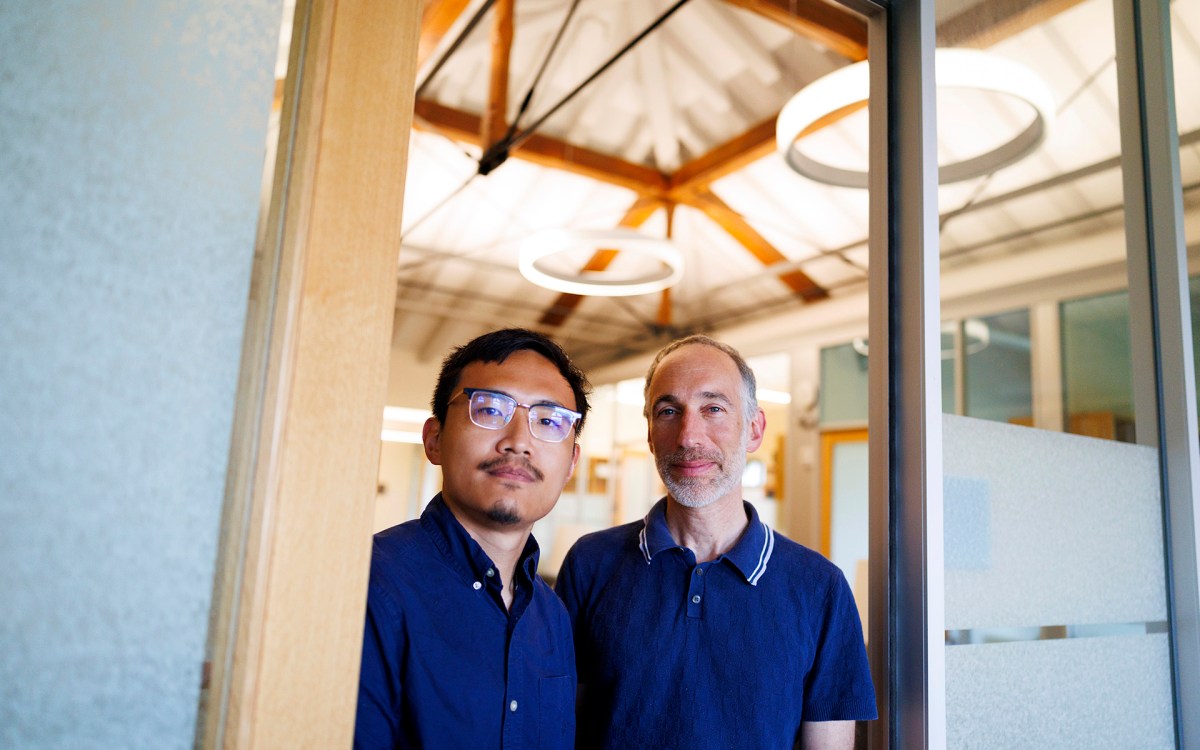New research reveals how mandates narrow gender gaps in paid sick leave for low-wage workers

A cafe employee. Photo by Bignai/Shutterstock.com
New research by scholars from Harvard and the University of California, San Francisco, finds that service sector workers in the United States have limited and unequal access to paid sick leave. The study also finds that fewer women have access to paid sick leave than men, but this gender gap is eliminated in states that have mandated paid sick leave for workers.
These findings were reported in a new peer-reviewed research article published in Health Affairs by scholars affiliated with the Shift Project, a joint research initiative between Harvard Kennedy School’s Malcolm Wiener Center for Social Policy and the University of California, San Francisco. The authors are Kristen Harknett, Professor of Social Behavioral Sciences at UCSF, and Daniel Schneider, Malcolm Wiener Professor of Social Policy at Harvard Kennedy School.
The U.S. is unique among high-income countries in lacking a federal guarantee of paid time off when a worker is sick. While some employers voluntarily offer this benefit, this approach can lead to inequalities in access to paid sick leave across companies, and workers who are the most economically insecure are the most likely to lack access to paid sick leave benefits. Workers end up being present despite being sick, creating the potential for disease transmission. The consequences of these workers not having access to paid sick leave not only affects their health, but also the health of the customers they serve.
Drawing on surveys of 61,223 service sector workers collected during the period 2017–21 by the Shift Project, Schneider and Harknett found that about half of service sector workers did not have access to paid time off from work in the event of illness or to care for a family member, and that women in the service sector are particularly disadvantaged. Women were 11 percentage points less likely than men to have access to paid sick leave, a stark gender gap. However, that gap in access to paid sick leave was completely eliminated in states and localities with paid sick leave laws in effect.
“State and local laws help raise the floor and they narrow the gap, but far too many service sector workers are not covered by these laws, and it will take federal action to ensure broad and equitable access to this essential benefit,” says Daniel Schneider. The Healthy Families Act, introduced in 2004 and reintroduced in 2021, would address inequalities in access to paid sick leave benefits, but this legislation has failed to progress. Schneider and Harknett argue that a federal guarantee to paid sick leave for all workers would reduce inequality, protect public health, and protect workers.





